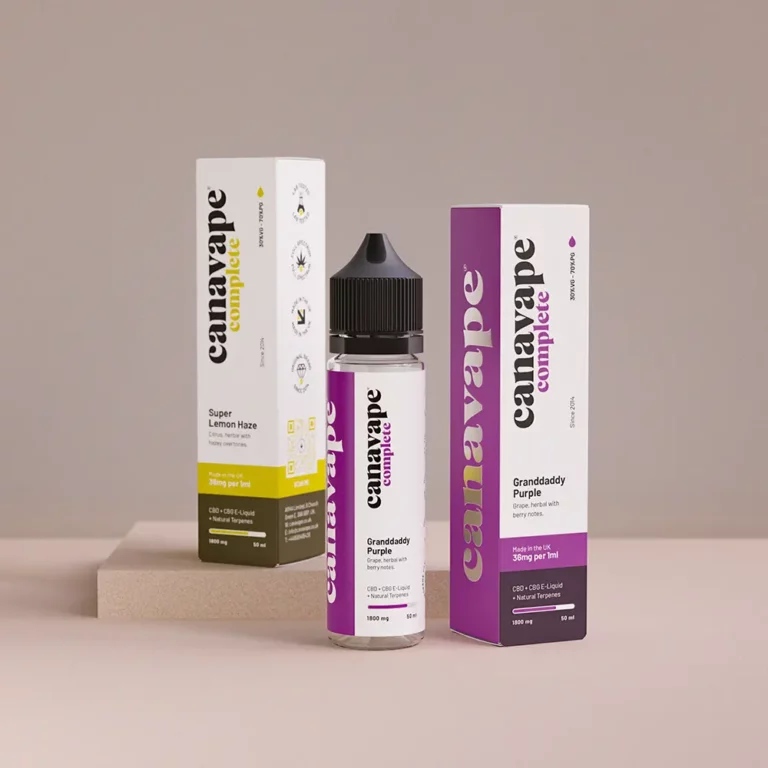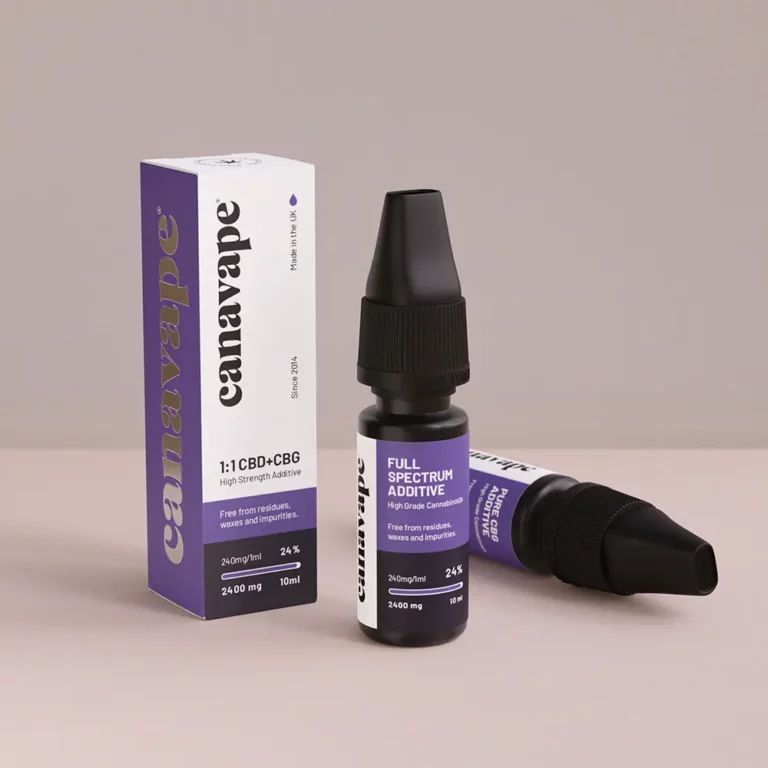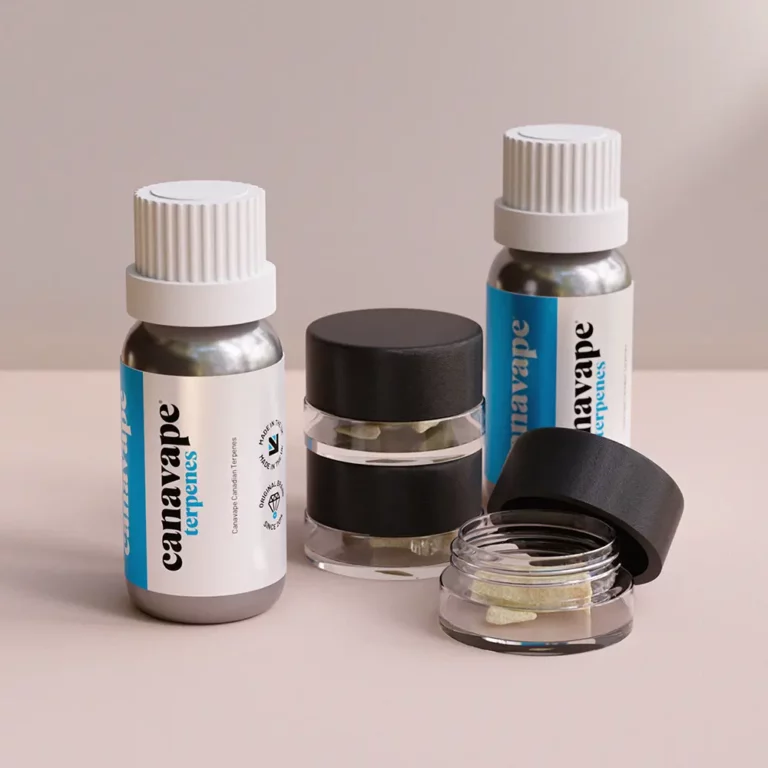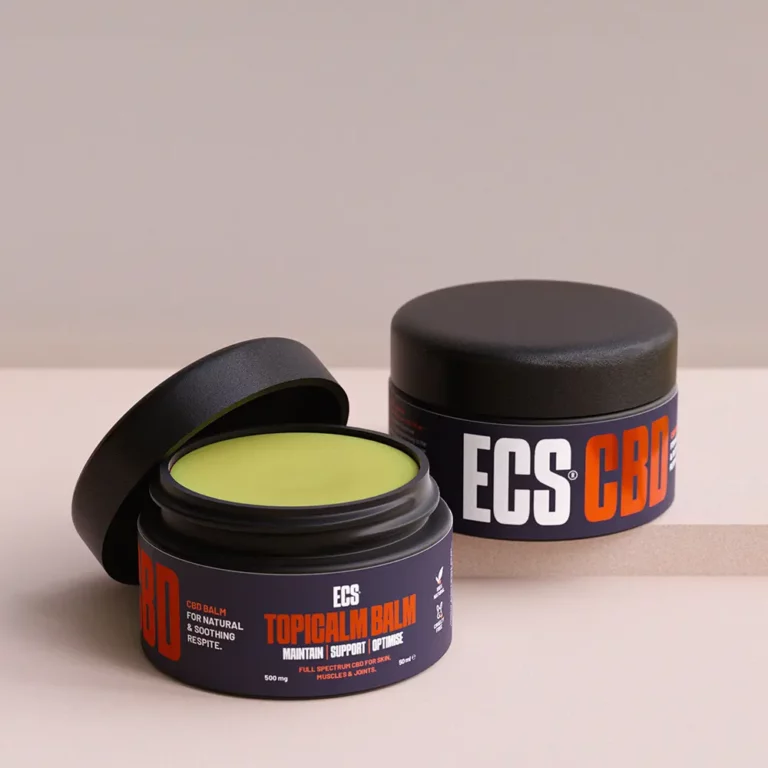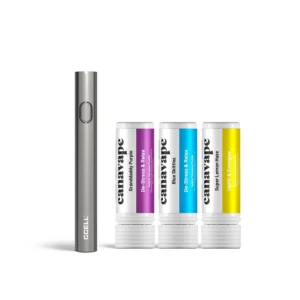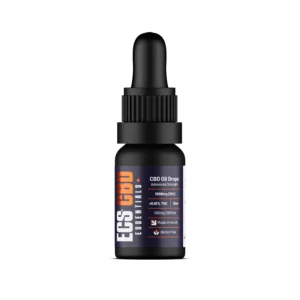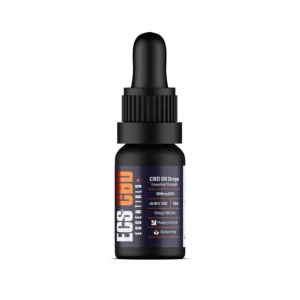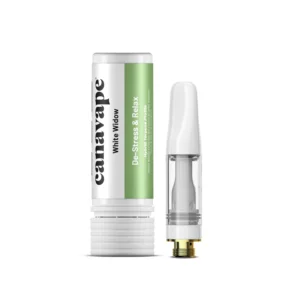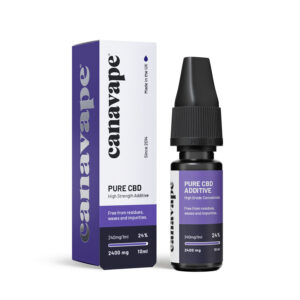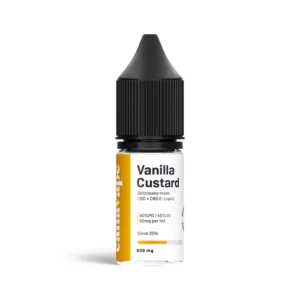To date, no proof exists suggesting that CBD is harmful to dogs; however, there is a gap in understanding regarding the appropriate dosage and its interaction with other drugs.
In the UK, no CBD products have received official approval for animal use. Both the Veterinary Medicines Directorate and the Food Standards Agency have not sanctioned CBD oil.
Should you be contemplating the use of CBD oil for your pets, consulting a veterinarian is crucial. By law, only a vet can legally prescribe a human CBD product that is safe for your pet.
As a responsible pet owner, it is crucial to understand the potential effects of any supplement or medication you give to your furry friend. CBD oil, derived from the hemp plant, has gained popularity in recent years for its potential therapeutic benefits for dogs. However, there is a common concern among pet owners about whether CBD oil can cause aggression in dogs. Let’s delve into this topic and shed light on the matter.
Understanding CBD Oil:
CBD, short for cannabidiol, is a natural compound found in hemp plants. Unlike THC (tetrahydrocannabinol), CBD does not have psychoactive properties, meaning it does not cause a “high” sensation. CBD oil is commonly used for its potential therapeutic effects, such as reducing anxiety, relieving pain, and promoting overall well-being in both humans and animals.
Background on Aggression in Dogs:
Aggression in dogs can stem from various factors, including genetics, environmental influences, lack of socialization, fear, or underlying medical conditions. It is crucial to identify the root cause of aggression and address it appropriately to ensure the well-being of your pet.
The Role of CBD Oil in Dog Aggression:
While CBD oil has shown promise in helping with various health issues in dogs, including anxiety and pain management, there is limited scientific research specifically focused on its impact on aggression. However, anecdotal evidence from pet owners and some preliminary studies suggest that CBD oil may have a positive effect on reducing aggression in dogs.
Potential Mechanisms:
One of the potential mechanisms through which CBD oil may help with aggression in dogs is its interaction with the endocannabinoid system (ECS). The ECS plays a vital role in regulating various physiological processes, including mood, stress response, and emotional balance. CBD interacts with the ECS receptors, potentially promoting a sense of calm and relaxation, which may help reduce aggressive behaviour.
Consulting with a Veterinarian:
Before considering CBD oil for your dog’s aggression, it is crucial to consult with a veterinarian who has experience with CBD use in animals. They can provide personalized advice based on your dog’s specific needs, medical history, and any potential interactions with other medications.
Quality and Dosage:
When choosing a CBD oil product for your dog, it is essential to ensure its quality and safety. Furthermore its important to note that there are no specific CBD oils which are designed and marketed for dogs on the UK market as they are not permitted to do so.
If you choose to administer CBD oil to your dog, look for products that are third-party tested, ensuring they are free from harmful substances and contain the stated amount of CBD. Additionally, follow the recommended dosage guidelines provided by the manufacturer after consulting with your veterinarian to ensure a safe equivalent dose is calculated.
Conclusion:
While there is limited scientific evidence specifically addressing the impact of CBD oil on aggression in dogs, anecdotal reports and preliminary studies suggest its potential benefits. However, it is crucial to approach CBD oil as a supplement and not a cure-all solution. If in the UK remember CBD oils are not intended for dogs & not permitted for sale either. Consulting with a veterinarian, ensuring product quality, and using the appropriate dosage are essential steps in considering CBD oil for your dog’s aggression. Remember, every dog is unique, and what works for one may not work for another, so monitoring your pet’s response and seeking professional guidance is crucial.

